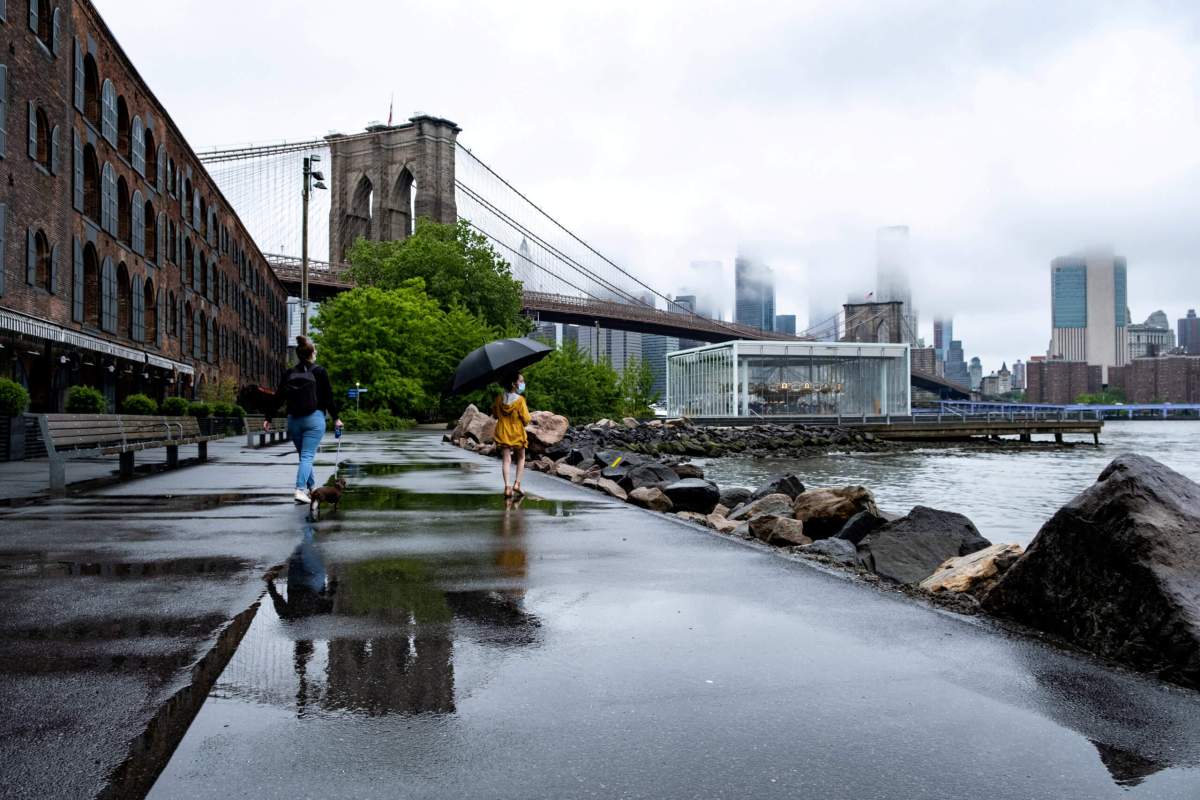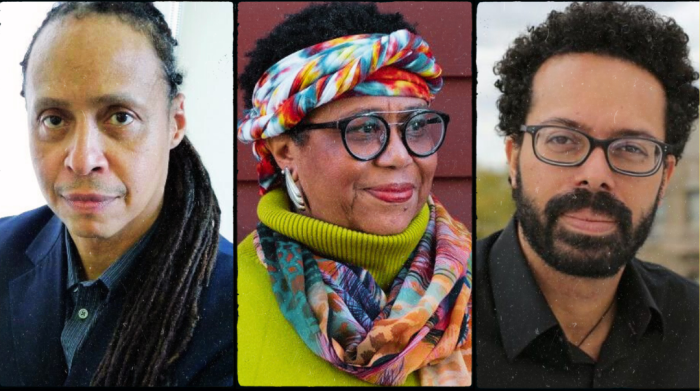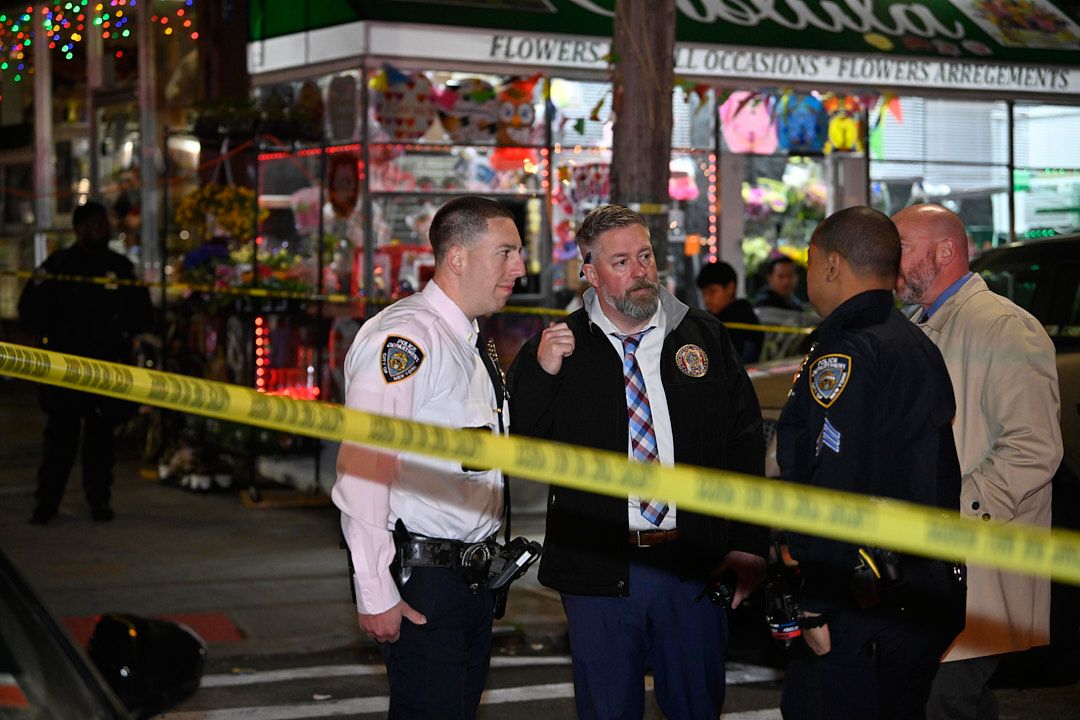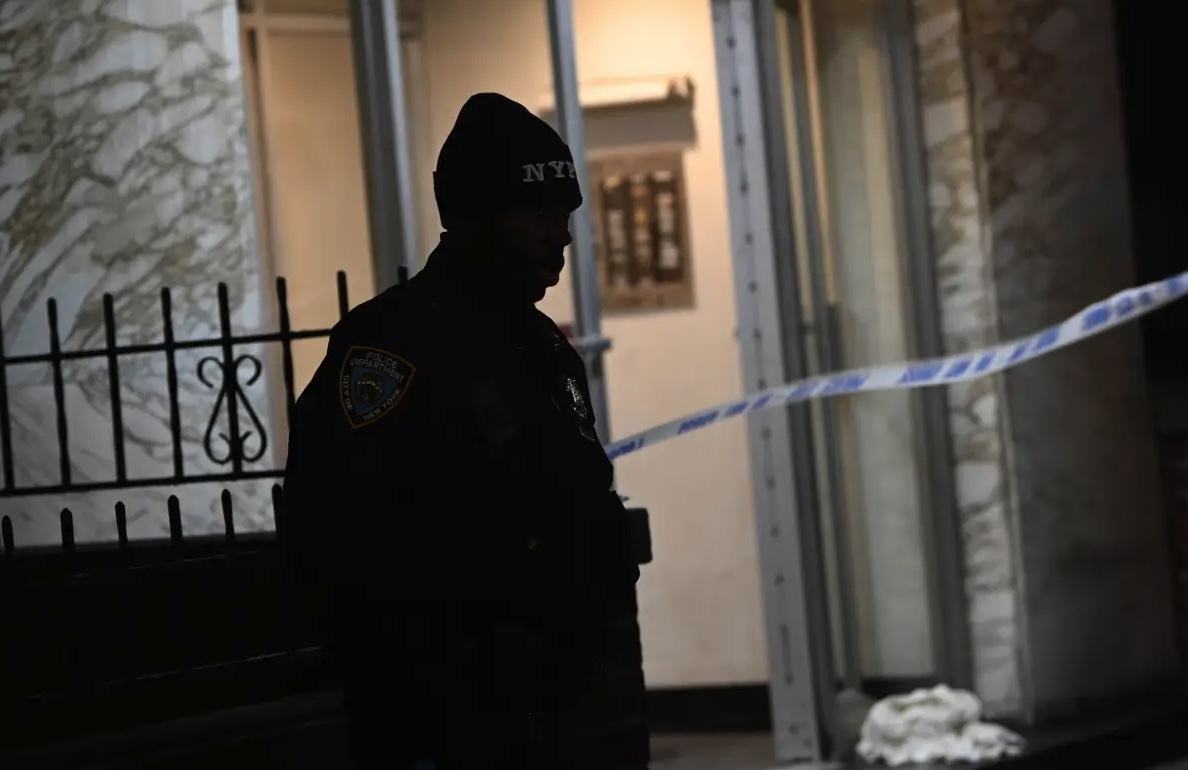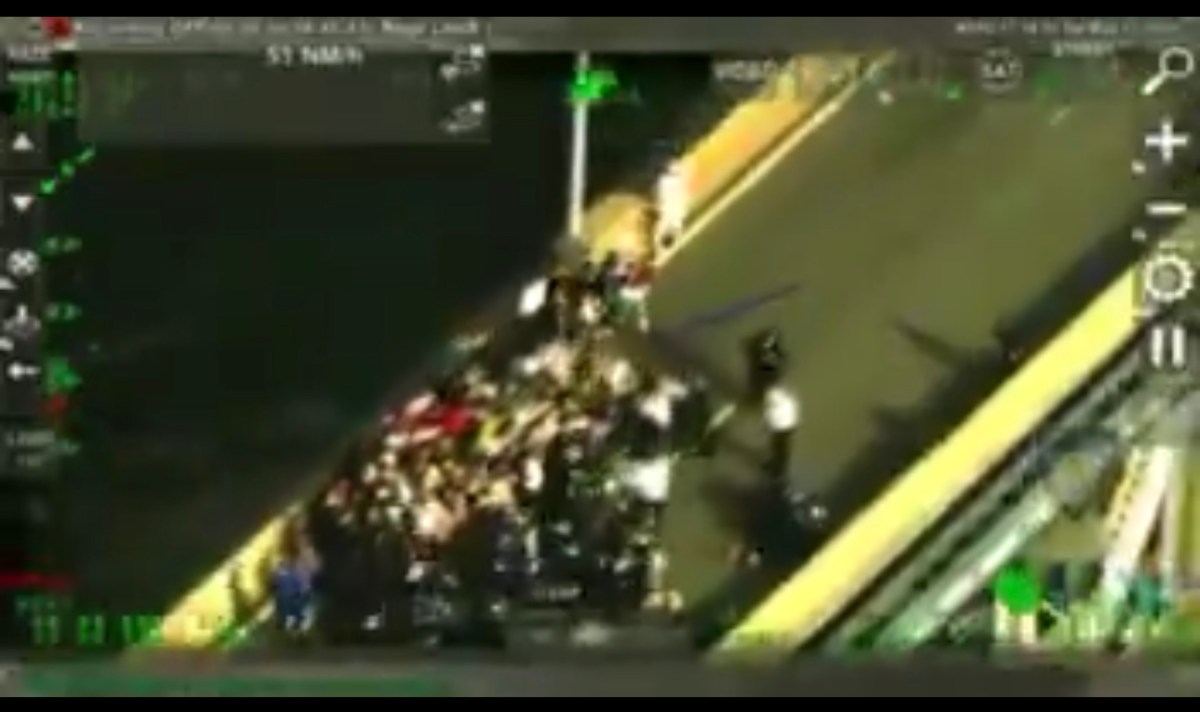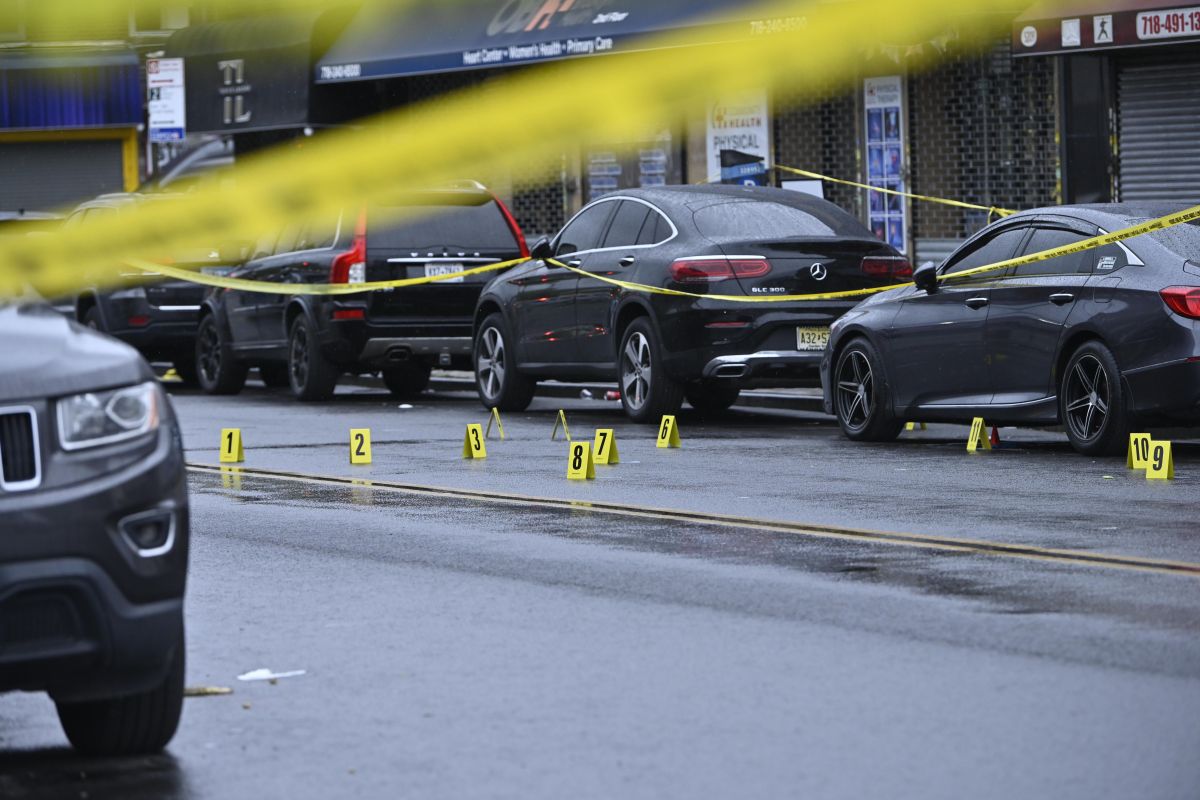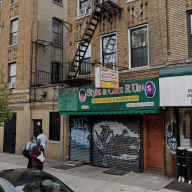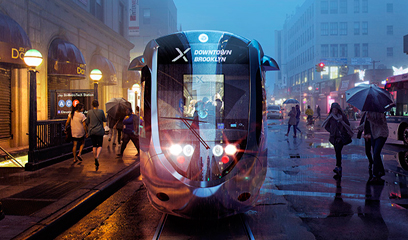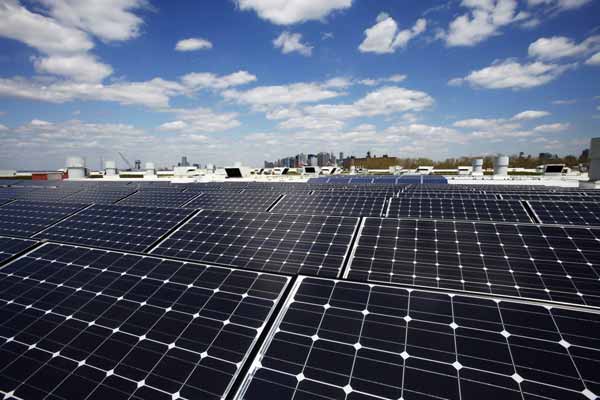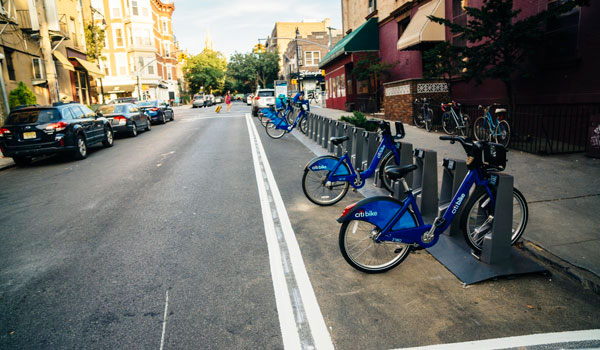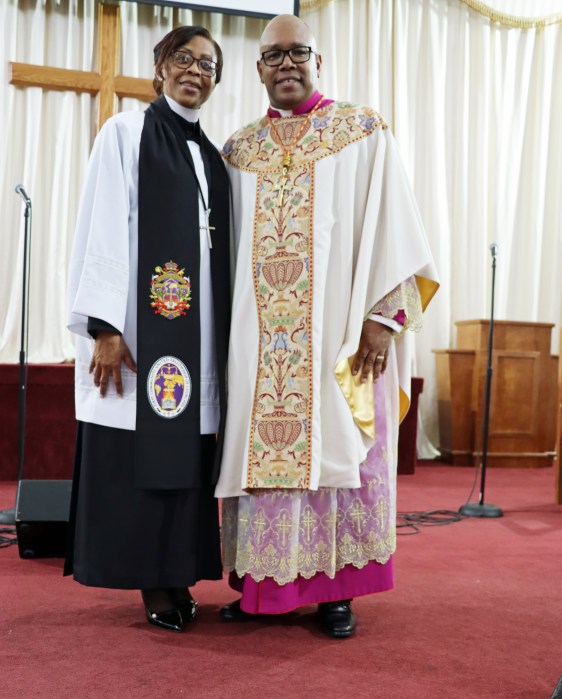Hello Brooklyn Paper readers,
My name is Mike Racioppo, and while you might remember me from articles such as “Community Board Leaders Urge Speaker To Reinstate Funding For Vocal New York” or “Man launches furious tirade against board members over Citi Bike,” this is my premier column for the paper.
This opening was an attempt at emulating Troy McClure, and to be clear, I wasn’t the person angry about Citi Bike, nor is that the focus of my column. My paying job is as District Manager of Brooklyn Community Board 6, but unless stated otherwise, I’m not speaking for CB6. I’m sure when the Gowanus rezoning gets certified early next year, I’ll be discussing some CB6 stuff. Now, I’ll get around to the point of this column, which I was honored to be offered last week. I will be using my experience in academia and government to explain and offer an analysis of what’s happening and what should be happening in Brooklyn and the city at large.
There’s no denying we’re in a rough spot. From COVID-19, summer curfews, the economy, the budget, systemic racism, school opening snafus, to a federal government that is actively and explicitly hostile to New Yorkers, fires seem to be raging anywhere we turn. This recalls dark periods in the city’s history and exposes and highlights a system that, for millions of people, was broken long before any of us wore a mask on a day other than Halloween.
It feels a bit hopeless in the midst of this, but it’s not entirely hopeless because it doesn’t have to stay that way. It doesn’t have to stay that way because these issues arise from social ills and are governed by social law and the social contract.
The social contract, and all that it entails, is only as binding as we, collectively, make it. There are, of course, lots of things that go into this complex unwritten agreement, but the bottom line is that it’s cobbled together by humans. We give stuff like paper currency value; in contrast, we can’t alter physical laws. For example, if one is stranded on a desert island, no amount of faith or wishing can make saltwater quench your thirst; cash cannot be ingested as sustenance, nor can anyone flap their arms and fly off this abstract island.
I’ll recommend one thing I think the city can and should do in the limited space I have left after my introduction: As you’ve probably heard, the coronavirus crisis has blown through the city’s budget, and the view, held by a governor who seems to dislike the city actively, is that there’s nothing the city can do to but initiate massive spending cuts. It would be one thing if the cutting didn’t have knock-on effects, but the cuts beget more cuts, and those who need services are left begging. In my paying job, I’ve already received too many complaints about things such as reductions in compost collection.
As Adam Yablon pointed out in Slate last week, after 9/11, the borrowing authority Mayor Bill de Blasio is currently asking for was approved on 9/13. After that, the city’s richest man, Mayor Mike Bloomberg, raised taxes, and the city came back.
Today, with historically low-interest rates, the city should avail itself of all devices in its toolbox by using borrowing authority or raising revenues to avoid austerity and over 20,000 layoffs. Think of the spending power of those 20,000 former workers evaporating overnight in the city’s economy and the costs of unemployment benefit payments. I’m sure someone will complain about our lame-duck mayor, but we must look beyond the pain inflicted by these avoidable cuts that will linger years beyond his term.
Mike Racioppo is the District Manager of Brooklyn’s Community Board 6 and has been an adjunct professor at Brooklyn College. Follow him on Twitter @RacioppoMike.


